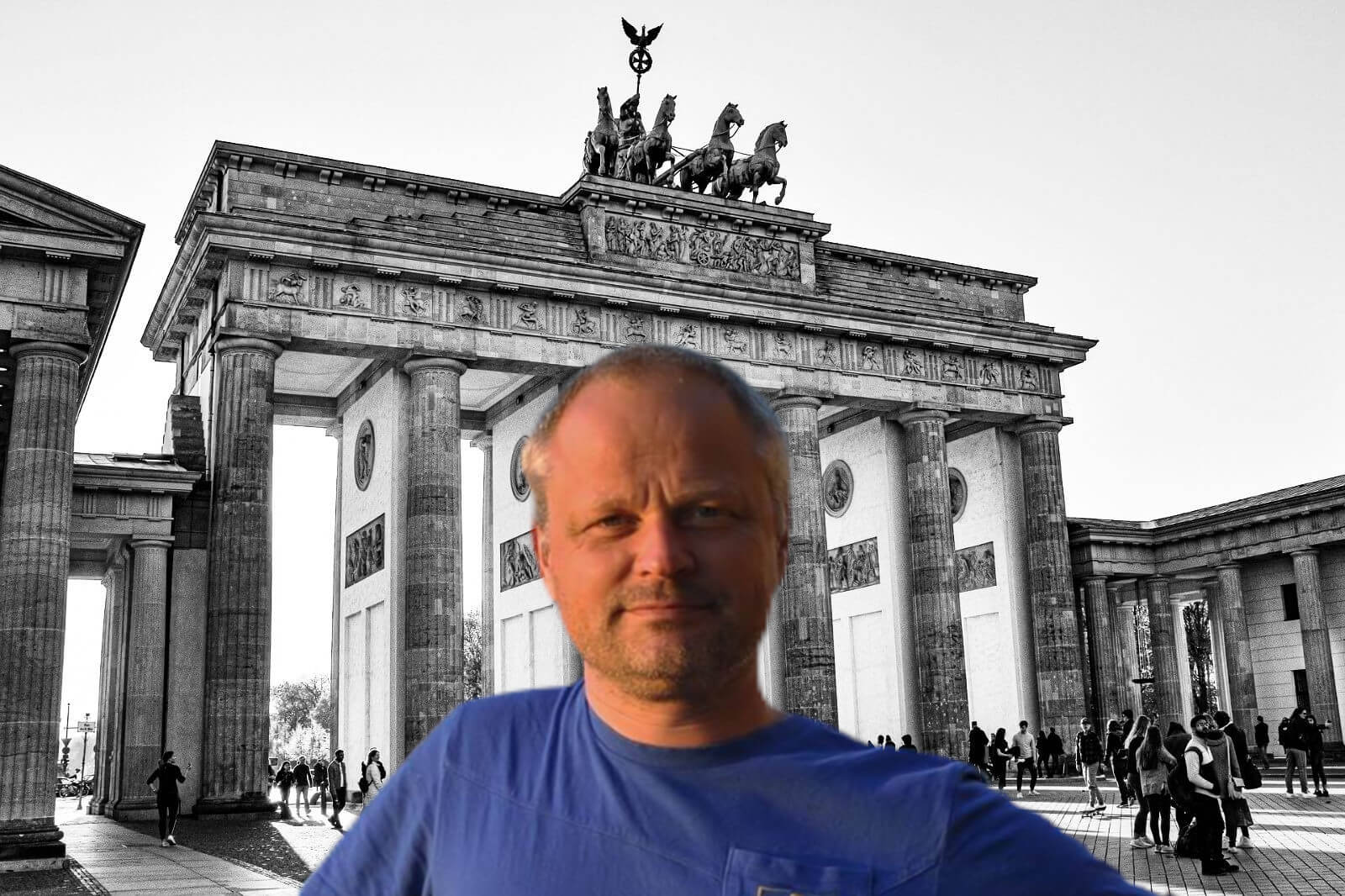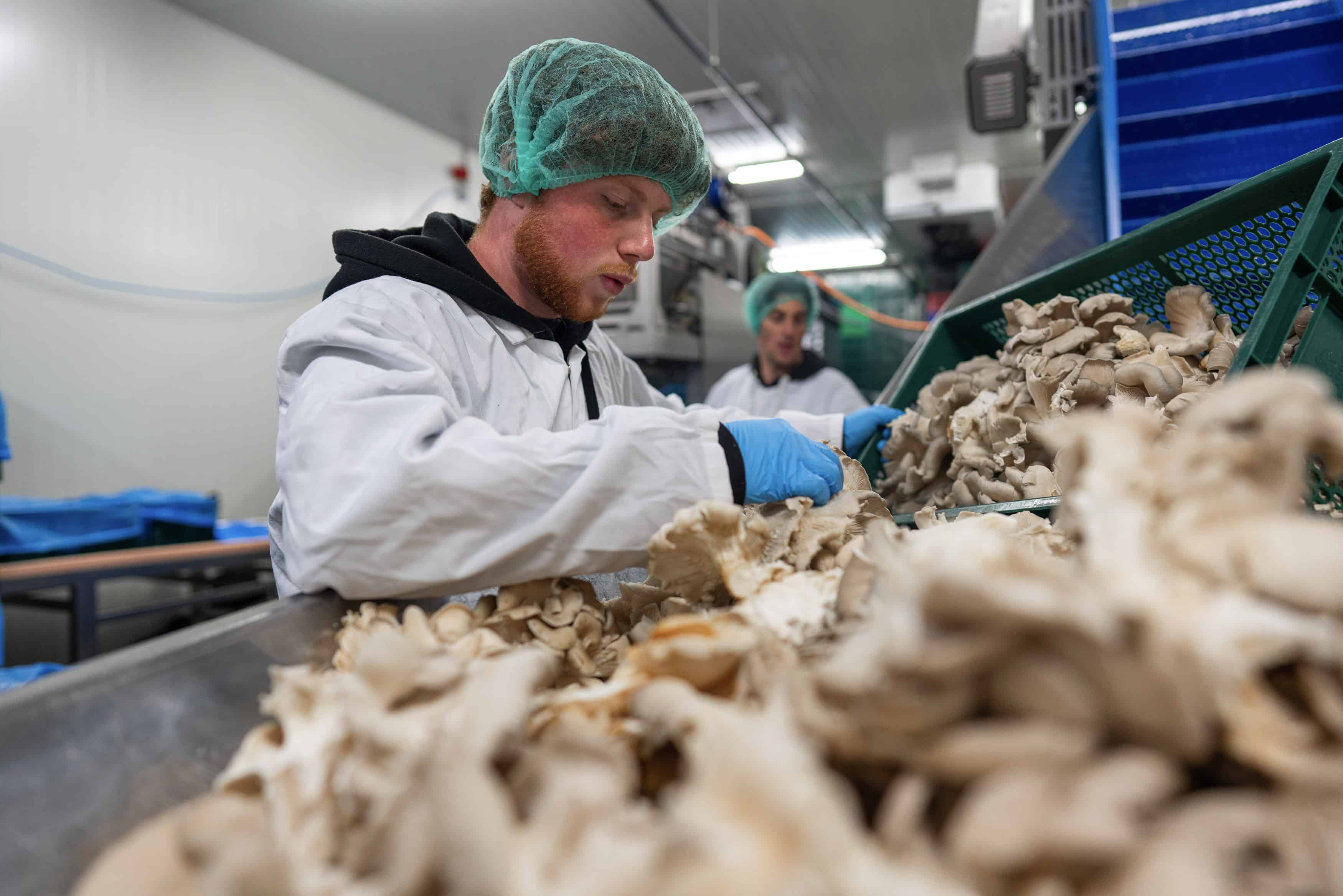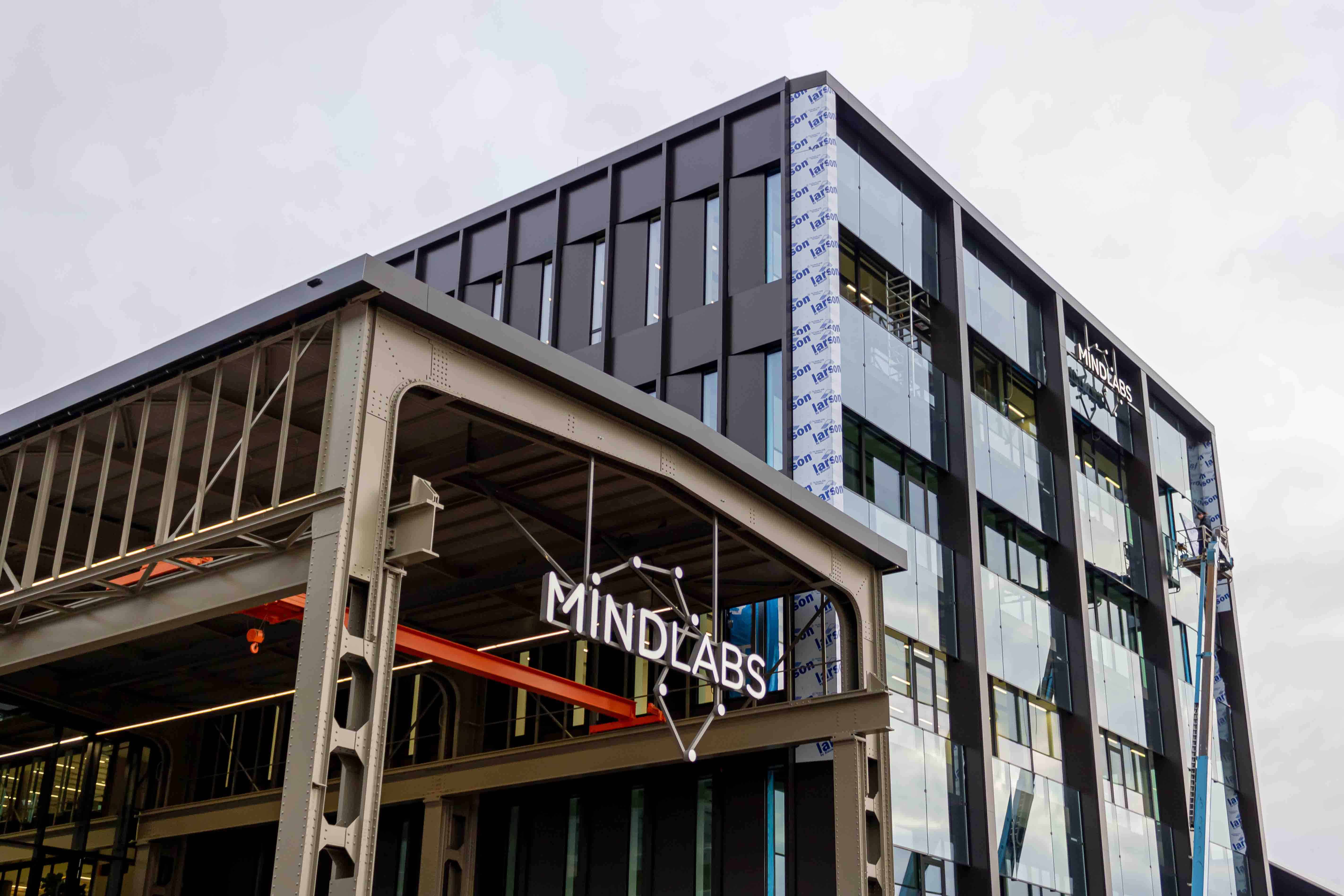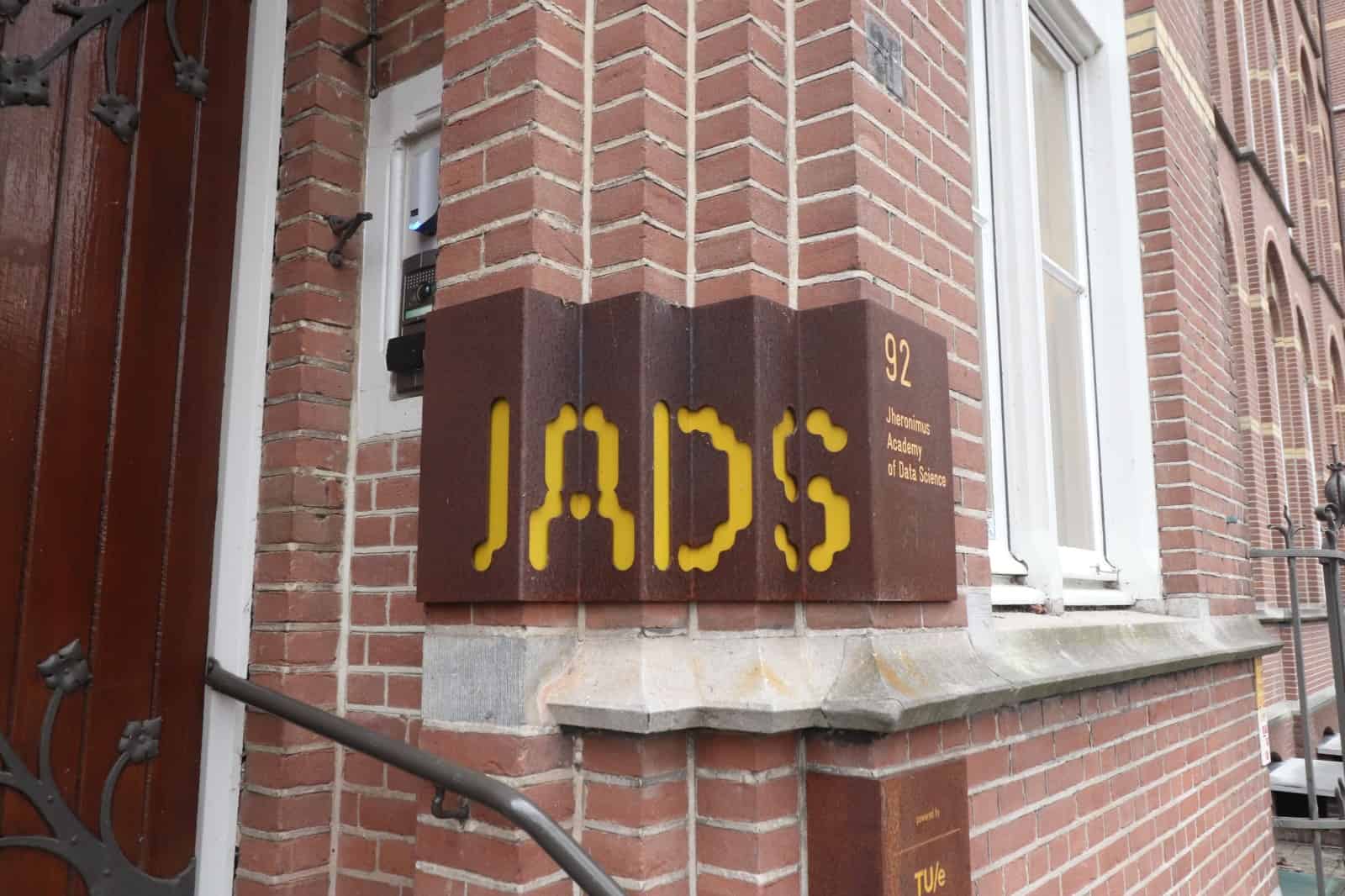
Together with the Delft University of Technology ( TU Delft), Dutch chemical and food company DSM is going to develop biotechnological applications with the help of artificial intelligence (AI). Both parties announced this today.
The partnership is being shaped by the Artificial Intelligence Lab for Biosciences AI4B.io. According to DSM, this laboratory is the first of its kind in Europe where artificial intelligence (AI) is being used during the entire biotechnological process. From the development of microbial strains, to the optimization and planning of large-scale industrial processes.
Management will be in the hands of Professor Marcel Reinders, director of the TU Delft Bioengineering Institute. “Biotechnology can contribute significantly to solving major societal problems. Such as climate change, providing nutritious food for the world’s rapidly growing population, and raw material scarcity,” Reinders states.

Fundamental research
In his view, AI plays a crucial role in the development of biotechnological applications, but from a scientific point of view there are still plenty of questions to be answered at a cellular, laboratory and process level. “By linking our fundamental research to concrete opportunities at DSM, we can maximize our impact.”
Marcus Remmers, chief technology officer at DSM, believes that TU Delft both have a proven track record when it comes to groundbreaking research in the fields of AI, biotechnology and bioinformatics. Plus, DSM is a company that develops sustainable biotechnological products and solutions for commercial purposes on a scientific basis. “This makes our parties the perfect match to tackle important scientific and societal challenges together.”
Innovation Center for Artificial Intelligence
The AI4B.io Lab will become a part of the Innovation Center for Artificial Intelligence (ICAI) which is committed to keeping the Netherlands at the top in terms of knowledge and talent development in artificial intelligence. DSM is investing 2.5 million euros in the lab during the first five years.
The lab’s ultimate goal is to find solutions to some of the major issues of our time. Such as climate change, scarcity of raw materials and food systems that pay more respect to nature and the environment.
“With more than 150 years of experience, DSM has already developed an extensive portfolio of sustainable, biotechnological solutions that help address a number of the key challenges facing society. Now, developments in the understanding of biology as well as major advances in digital transformation, are opening up exciting possibilities for new bio-based products, applications and manufacturing processes. Integrating life sciences and digital technologies can help to reduce the time spent on innovation cycles – from prototyping to scaling and commercialization,” DSM states in its press release.
Third AI laboratory
The AI4B.io Lab will be the third ICAI lab on the TU Delft Campus, alongside the AI for Retail Lab Delft from Ahold Delhaize and the AI for Fintech Lab from the ING bank. On top of this, TU Delft is investing in 24 interdisciplinary AI laboratories in a variety of fields in order to promote collaboration between scientists working with AI and scientists from other disciplines.
The AI4B.io Lab will also be collaborating with Planet B.io, the open innovation ecosystem at the Delft Biotech Campus. For instance, by sharing insights from their research and advising biotech start-ups on the campus. DSM and TU Delft are the co-founders of Planet B.io.
You can read our other IO articles about artificial intelligence here.







